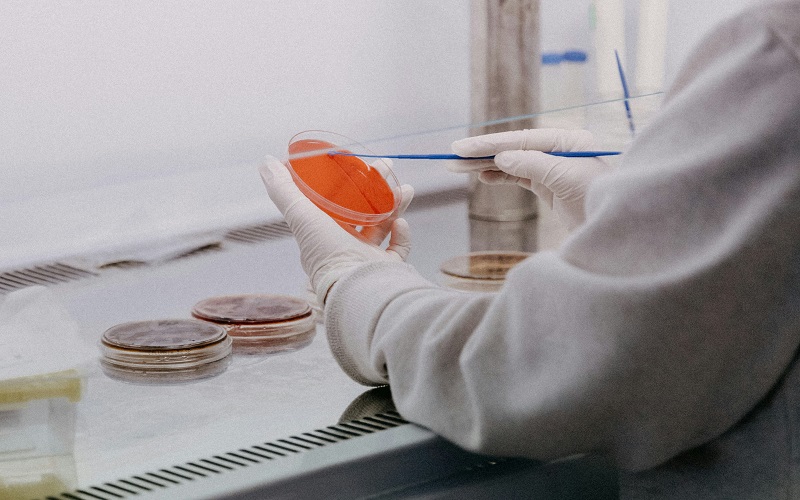Substance abuse remains a pressing issue not only in Georgia but across the entire United States. The state of Georgia has made significant efforts to combat this problem, focusing on prevention, treatment, and recovery. In this blog, we will delve into SAP Evaluation Georgia addressing substance abuse, the importance of ongoing evaluation, and the valuable insights gained from these evaluations.
Georgia’s Comprehensive Approach
Georgia has taken a multi-faceted approach to address substance abuse. One of the key components of their strategy is prevention. Prevention programs are implemented in schools, communities, and workplaces to educate individuals about the risks associated with substance abuse. By providing knowledge and skills to make informed decisions, Georgia aims to reduce the initiation of drug and alcohol use among its citizens.
Another vital aspect of Georgia’s efforts is treatment. The state has invested in expanding access to treatment services for those struggling with addiction. The goal is to provide individuals with the support they need to overcome addiction and lead healthier lives.
Moreover, Georgia recognizes the importance of recovery support. Recovery is an ongoing process, and individuals in recovery often need ongoing support to maintain their sobriety. The state has established recovery communities and peer support programs to provide a network of support for those in recovery. These programs help individuals build the skills and connections necessary for a successful and sustained recovery journey.
The Role of Ongoing Evaluation
The effectiveness of any substance abuse program or policy is best assessed through ongoing evaluation. Georgia understands the importance of measuring progress and making data-driven decisions. By regularly evaluating their initiatives, the state can identify what is working and what may need improvement.
Program Efficacy: Ongoing evaluation allows Georgia to determine which prevention, treatment, and recovery programs are most effective. By analyzing data on outcomes such as reduced substance use, improved mental health, and increased employment rates among individuals in recovery, the state can allocate resources to programs that produce the best results.
Resource Allocation: Substance abuse programs require funding, and resources are often limited. Through evaluation, Georgia can allocate resources more efficiently, ensuring that programs with a demonstrated impact receive the necessary support, while those with less effectiveness can be modified or phased out.
Adaptation to Emerging Trends: Substance abuse trends are constantly evolving, with new substances and challenges emerging. Ongoing evaluation helps Georgia stay nimble and responsive to these changes. By monitoring trends in drug use and abuse patterns, the state can adapt its strategies to address emerging threats effectively.
Valuable Insights from Evaluation
The insights gained from ongoing evaluation are invaluable in the fight against substance abuse. Georgia’s commitment to evaluation has yielded several important findings:
Early Intervention Works: Early prevention efforts in schools have shown promise in reducing the initiation of substance use among young people.
Medication-Assisted Treatment Is Effective: Evaluation has demonstrated the effectiveness of medication-assisted treatment in reducing opioid addiction and improving long-term outcomes.
Peer Support Is Critical: Recovery communities and peer support programs have proven highly effective in helping individuals in recovery maintain sobriety.
In conclusion, Georgia’s efforts in combating substance abuse are commendable, and ongoing evaluation is a linchpin of their success. By continuously assessing the impact of their programs and policies, Georgia can refine its strategies and make informed decisions to better serve its citizens and create a brighter, substance-abuse-free future for the state. If you are in Texas and suffering from substance abuse you can visit our website SAP Evaluation Texas .




